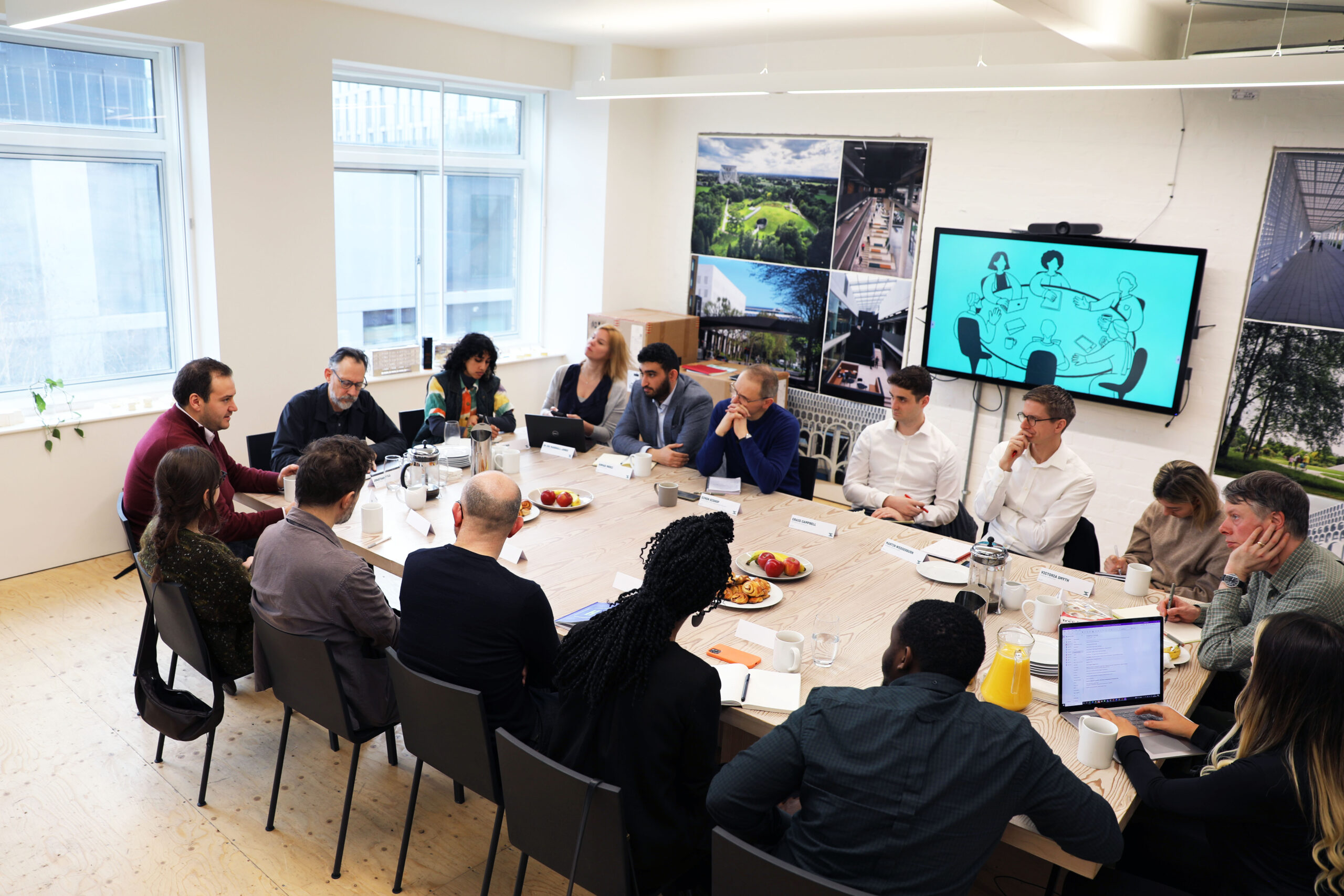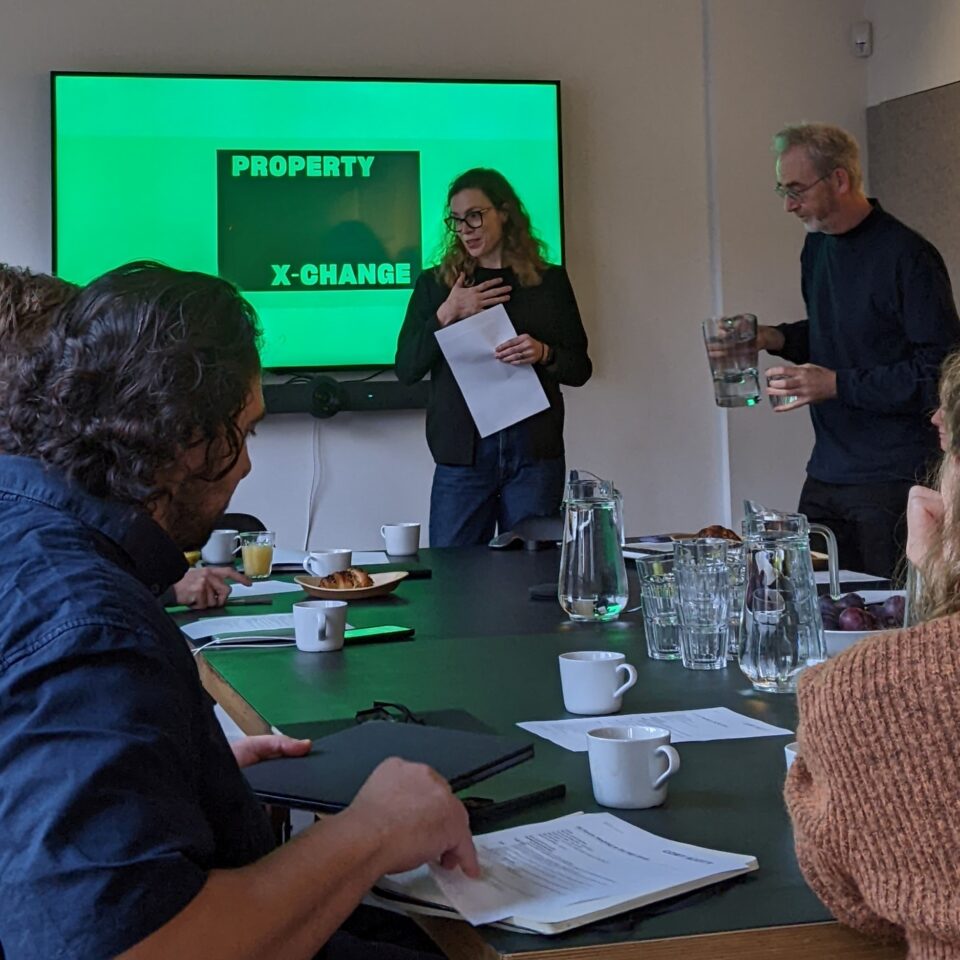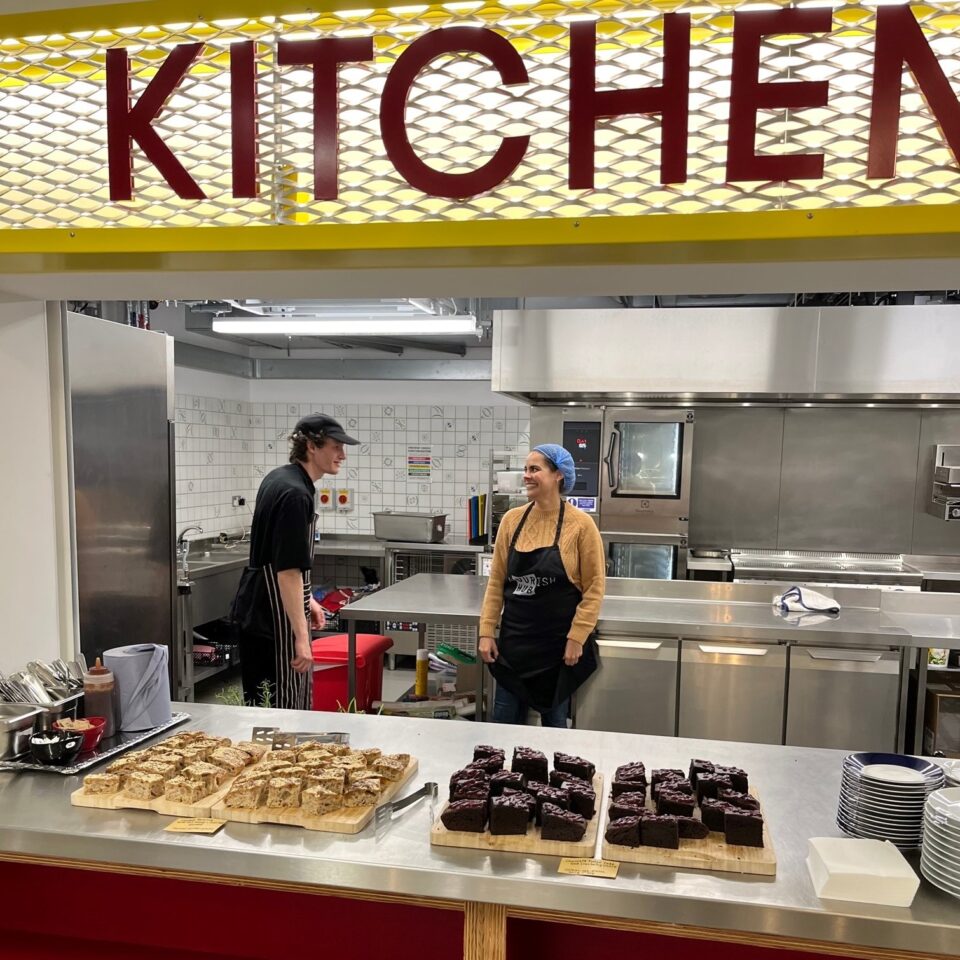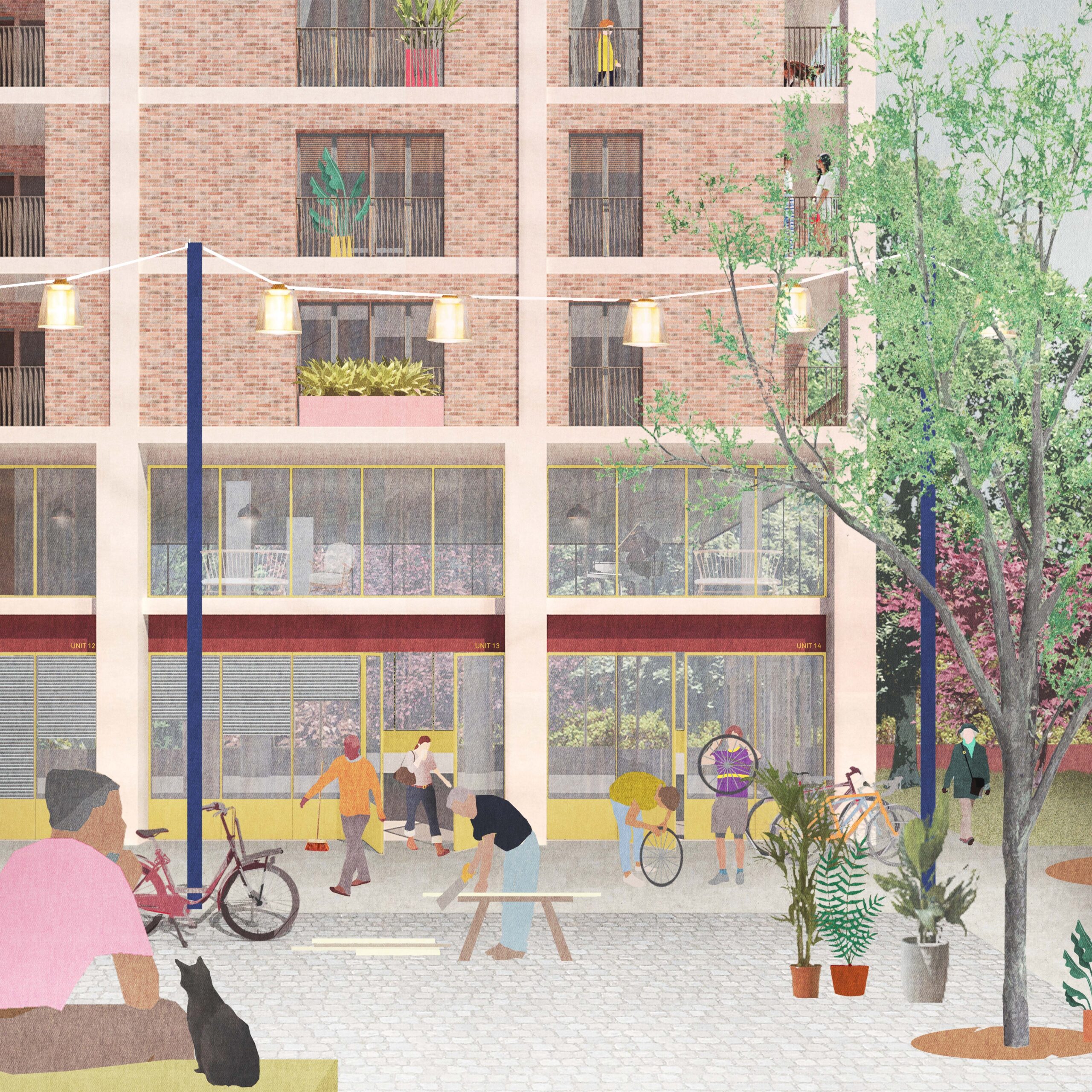
What does it take to build a constructive relationship between commercial property owners and local communities? With Redchurch Street as a case study, we present the main takeaways from a discussion about trust, ownership, and community inclusion on the high street.
On February 22, 2023, onRedchurch CIC hosted a PX Forum to explore how property owners and community organisations might better work together to benefit an area. Chaired by independent moderator Daisy Froud, the roundtable brought together interested organisations, local residents, one long-term large-scale commercial tenant of Redchurch St, one property owner, and several public sector representatives.
Redchurch Street makes an interesting case study on gentrification. Decades of property speculation and development, growing inequality, and an ever-intensifying consumer economy have conspired to increase rents and forced the displacement of existing residential and commercial tenants.
Some blame rent-seeking landlords, weak planning, and complicit local government. Others blame decades of economic, environmental, and spatial injustice. Whatever the cause, the net effect has been a distrust of landlords and their engagement with communities, leading to allegations of ‘community-washing’.
onRedchurch CIC was founded in 2019 by a local resident and a landowner, and in part financed by several key local landowners: Derwent London, Blue Coast Capital, Raycliff Capital and Redevco. Since then, the CIC has sought to advance the improvement and resilience of Redchurch Street by finding new ways to leverage social value from its assets.
The purpose of the PX Forum was to discuss how and whether decades of distrust between landowners and communities in the area could be healed or mitigated by activities undertaken by the CIC and its collaborators.
In an intimate space kindly provided by the newly launched Shoreditch Arts Club, the forum:
- Discussed the feasibility of addressing the asymmetric power of vested property interests and community through local projects sponsored by real estate companies.
- Acknowledged that although local entrepreneurs can play a significant role in building land value in locations like Redchurch Street, current ownership structures can mean that they, and their communities, do not share in the economic benefit. In fact, they might ultimately be displaced by it.
- Heard about the experience of a social entrepreneur and Hackney resident who initiated and participated in the meanwhile use of a property in Redchurch Street in 2022 that enabled the creation of over 40 new jobs in the hospitality sector.
- Debated the value of investing in initiatives aimed at supporting individuals (e.g., through training and jobs) versus initiatives that enable more collective and systemic community ownership of assets.
- Discussed the value (or not) of pop-up uses of commercial premises and the financial regime that lenders impose on landowners.
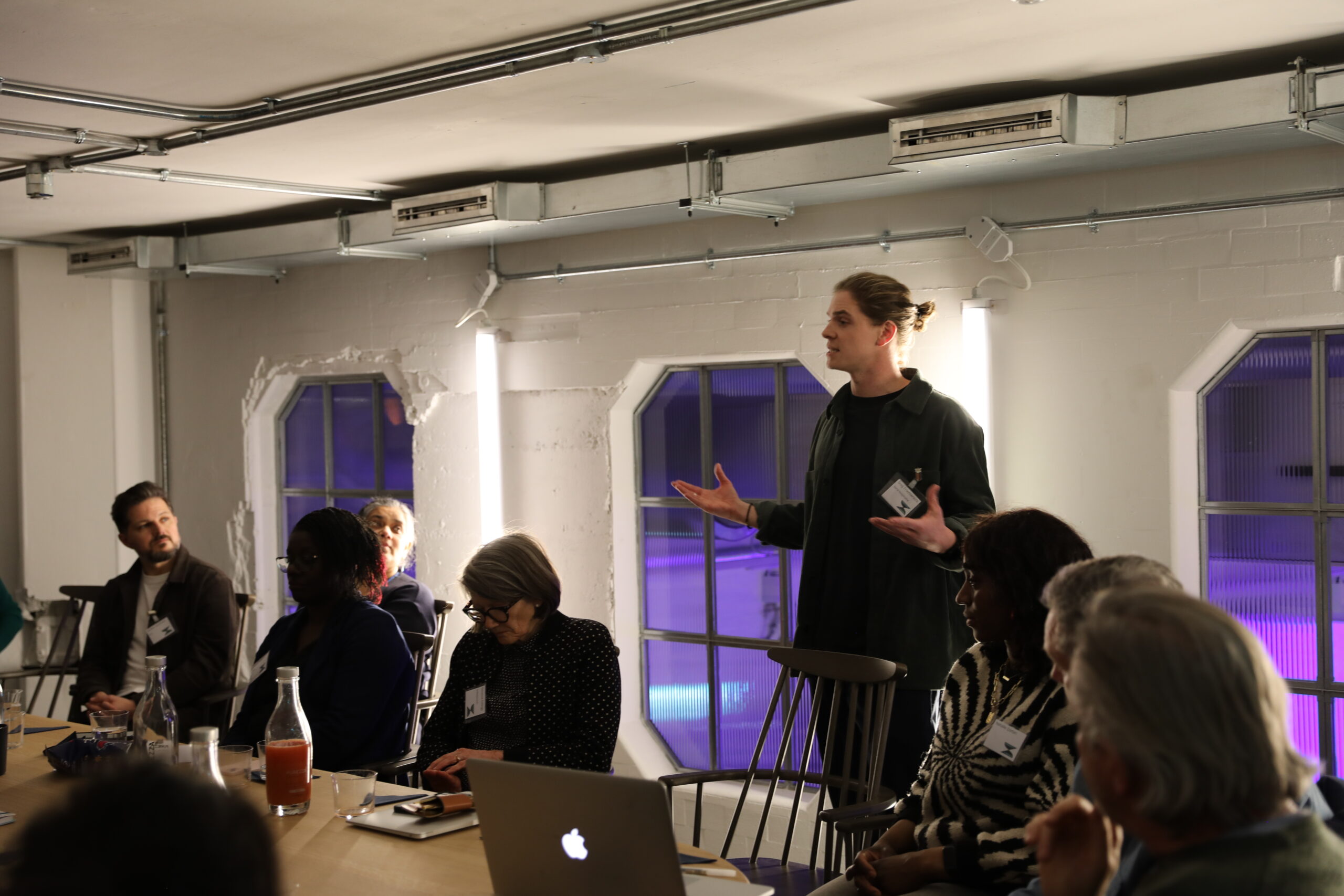


The evening brought to the fore exactly how important property is for both the economic and social life of high streets. Yet without an equal distribution of assets among stakeholders, trust and fairness will always be hard to come by.
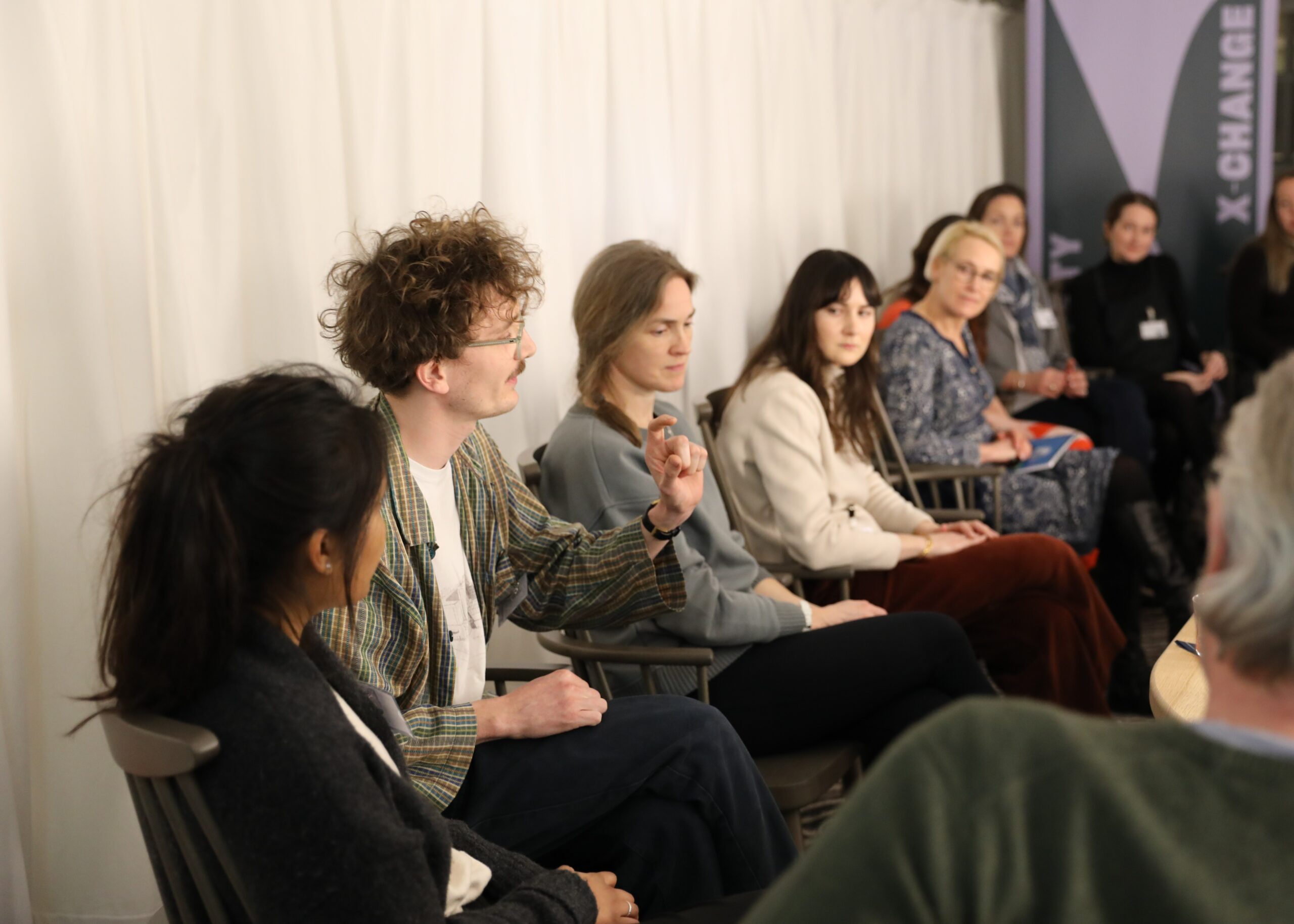
Practically, the CIC was advised to:
- Develop a deeper understanding of the Community Land Trust model of ownership to foster and secure community wealth.
- Continue to acknowledge and grow informal networks of people as a means of pooling knowledge and building capacity. The information shared through these networks might for example cover opportunities within the planning system, alternative development models, or ways to negotiate access to spaces, so that community members are well-placed to secure meaningful outcomes and benefits.
- Table with landowners and local authorities the principles of security of tenure, rent control, and better planning policy in support of the long-term success of local small businesses.
- Work towards providing better access to finance for emerging local businesses.
- Continue to seek opportunities for local community business space to be developed as a requirement of large-scale property development.
onRedchurch is committed to continuing to work on improving the relationship between commercial property owners and communities in East London. Hopefully, the outcomes of this roundtable discussion will be an inspiration to landowners and community organisations everywhere, looking to build a sustainable and equitable future for high Streets.
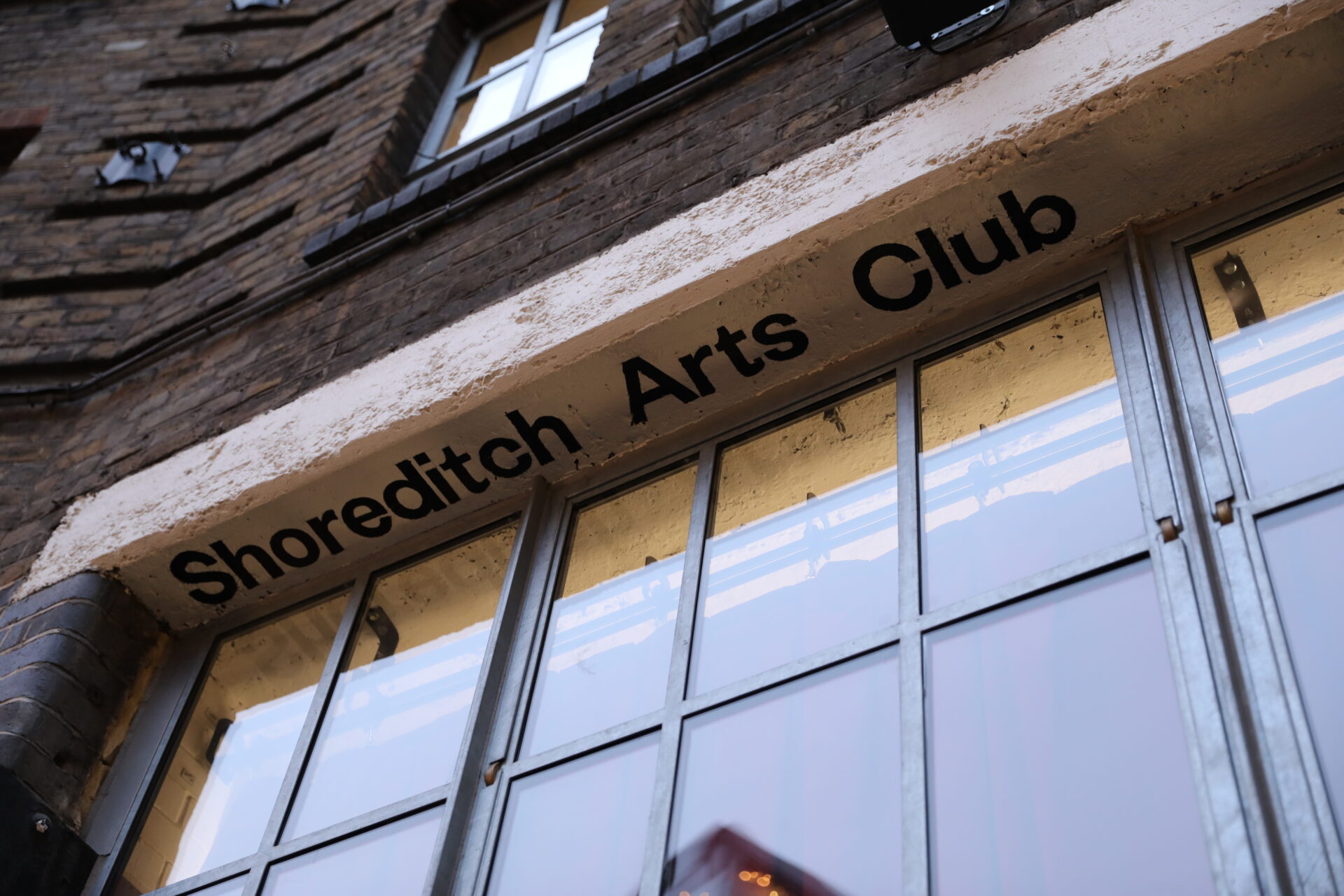

Hosts
- David Barrie, onRedchurchCIC
- Daisy Froud, Community Engagement Strategist
- Greg Früchtenicht, Saira Hospitality
- Natalie Corbin, Saira Hospitality Graduate
Author
- David Barrie, onRedchurchCIC
Links
Edited by Camilla Siggaard Andersen & Tabbi Harvey-Crowe
